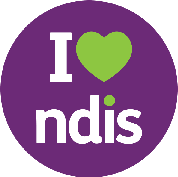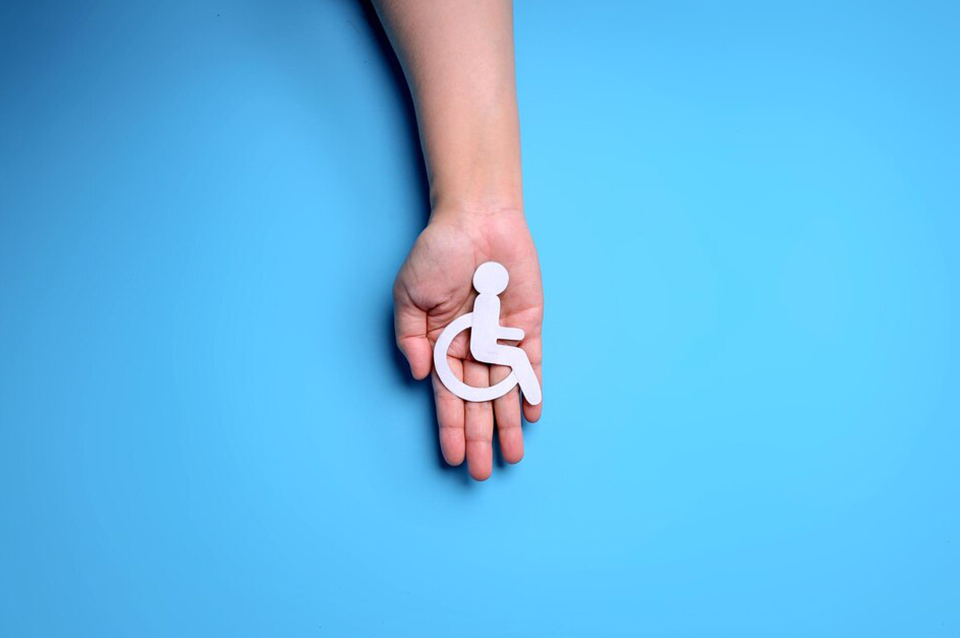NDIS funding in Australia plays a vital role in supporting people with disabilities to live more independently and participate fully in their communities. But understanding what the NDIS funds and what it doesn’t can be confusing.
The National Disability Insurance Scheme (NDIS) provides funding for supports that help Australians with disability live more independent, fulfilling lives. However, NDIS funds are only available for supports that meet strict criteria. In other words, participants cannot just spend their plan funding on anything – only “reasonable and necessary” supports related to disability are covered. Official NDIA guidelines spell out exactly what kinds of goods, services and equipment are funded (there are 37 categories in total) and – just as importantly – what is not funded (15 categories of everyday costs and non-disability expenses).
Understanding these rules can feel confusing. This guide, based on official NDIS guidelines, explains in plain language what the NDIS will (and won’t) pay for. It also breaks down the key concept of “reasonable and necessary” supports and points to useful resources. If you need help navigating your NDIS plan or finding the right services, Centre of Hope can assist (we offer support coordination and other NDIS services in NSW).
What the NDIS Can Fund: “Reasonable and Necessary” Supports
To make the most of your NDIS funding in Australia, you need to understand what qualifies as reasonable and necessary support. Only supports that are related to your disability and meet all the NDIS’s criteria receive funding. In practice, this means the support must be reasonable and necessary. The official NDIS guidelines outline these requirements. A support must:
- Relate to your disability or early intervention need. It must address how your impairment affects your everyday life.
- Align with your goals. It should help you pursue specific goals in your NDIS plan, such as learning new skills or improving mobility.
- Enable social or economic participation. It should help you join community activities, education, employment, or social life by reducing disability-related barriers.
- Represent value for money. The cost should be reasonable compared to alternatives that offer the same benefits. Ideally, the support reduces the need for more expensive future interventions.
- Be effective and beneficial. Evidence or expert advice should confirm that the support works well for your situation.
- Complement informal supports. The NDIS expects family, carers, and the community to provide some support. It won’t fund what others should reasonably provide.
- Match an approved NDIS support. From October 2024 onward, participants can only use funding for items on the official NDIS support list.
In short, if a support isn’t directly linked to your disability, doesn’t help meet your goals, or isn’t cost-effective or approved, the NDIS will not fund it.
Understanding Plan Budgets
Each plan budget is divided into categories: Core, Capacity, and Capital. Participants spend these funds on approved supports. For example, Capital supports include assistive technology and home modifications – think wheelchairs, hearing aids, or a rail in the bathroom. Core supports cover personal care, community access, and therapy services. To understand how these budgets work, visit the NDIS Plan, Budget and Rules page.
Examples of Funded Supports
There are 37 categories of NDIS-funded supports. Generally, the NDIS provides funding for:
- Assistive equipment and technology such as mobility aids, communication devices, hearing or vision equipment, and adaptive products.
- Home and vehicle modifications that improve accessibility in your living space or transport.
- Daily personal activities, including support workers who assist with showering, dressing, meals, and housework.
- Community, social, and life skills programs that help participants engage in education, employment, and social life.
- Therapies and clinical supports like physiotherapy, occupational therapy, speech therapy, psychology, behaviour support, and nursing care.
- Communication supports, including interpreters, translation, or communication training.
- Support coordination and plan management services that help participants understand and use their plan. Learn more in our article on NDIS Support Coordination.
- Transport to disability supports, such as travel to therapy sessions or other essential services, when public transport is not a viable option.
- Specialised services, including behaviour intervention, therapeutic support, or specialist employment services.
Want to discover even more options? Read Top NDIS Services You Didn’t Know You Could Access.
What’s Not Covered by NDIS Funding in Australia
Some items and services fall outside of NDIS support. These include:
- Everyday living expenses, such as rent, mortgage payments, utility bills, and standard furniture.
- Standard consumables, including groceries, takeaway meals, clothing, and everyday personal care items.
- Insurance and general fees, like health insurance, fines, or donations.
- Lifestyle and leisure costs, including cigarettes, alcohol, gambling, or non-therapy gym memberships.
- Non-disability medical care or education, such as hospital stays, dental procedures, and school tuition.
- Unproven or fringe therapies, including treatments with no clinical backing.
- Illegal or inappropriate items, such as pornography or illicit substances.
To see the complete list, review the official NDIS “What We Don’t Fund” PDF.
Replacement Supports (Special Cases)
In specific circumstances, participants can request a replacement support. For example, they may need to substitute a listed support with a similar item that better suits their situation. The NDIA must approve this in writing. It’s important to note that approval does not increase funding.
Need Help Understanding Your NDIS Plan?
Navigating NDIS funding rules might feel overwhelming, but you don’t have to face it alone. Centre of Hope is a registered NDIS provider based in NSW. At Centre of Hope, we guide clients through the complexities of NDIS funding in Australia to help them access the support they need.
Not sure if a support qualifies for funding? Get in touch with us. Our support coordination team can explain the rules and help you make informed decisions. We aim to empower you to use your plan to its fullest potential.
Explore More Helpful Resources
Check out our blog for practical articles like 5 Essential Questions to Ask When Choosing Your NDIS Support Coordinator or our guide to NDIS Funding in NSW.








